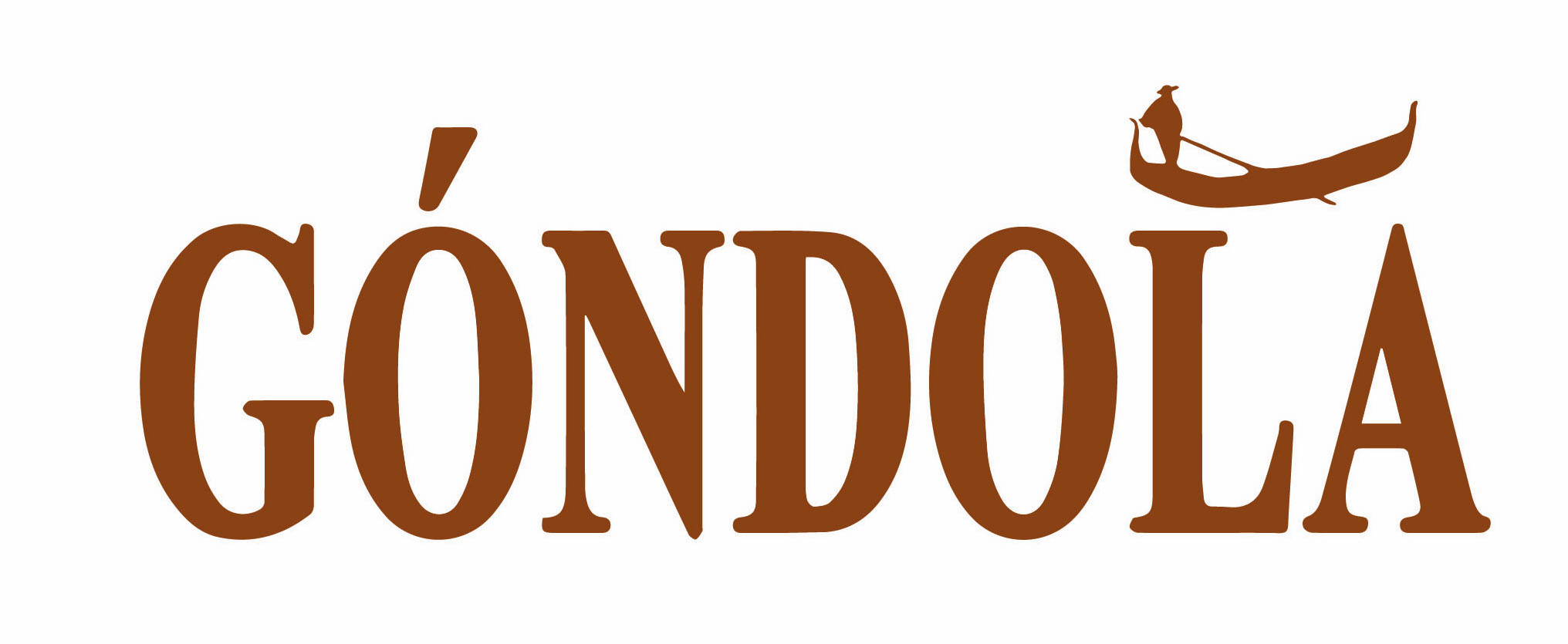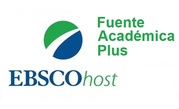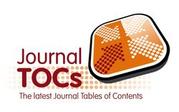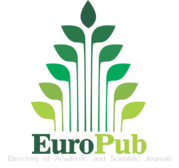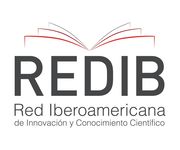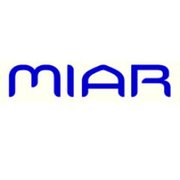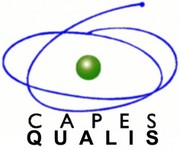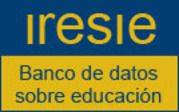DOI:
https://doi.org/10.14483/23464712.5223Published:
2010-01-01Propuesta de un ejercicio conceptual en cinemática como problema de investigación didáctico
Proposal of a conceptual exercise in cinematics as a problem of didactic research
Keywords:
Exercises of paper and pencil, research problem, research process and problematic situation. (en).Keywords:
Ejercicios de lápiz y papel, problema de investigación, proceso investigativo y situación problemática. (es).Downloads
Abstract (es)
En este artículo se trata la discusión que hay en torno a la utilidad de los ejercicios de lápiz y papel, siendo estos una de las principales falencias en la escuela contemporánea. Por eso se inicia formulando un ejercicio típico de cinemática, en el cual se pide al estudiante un razonamiento simple de una situación concreta, después se analiza cuáles serían las posibles respuestas a la situación enunciada, y luego se transforma el enunciado en un problema de investigación añadiendo parámetros, variables y modificando la intencionalidad de las preguntas, de esta manera se plantea una situación problemática en la cual el estudiante será capaz de elegir los aspectos fundamentales para resolverla, de tal forma que éste adopte una actitud adecuada ante un proceso investigativo. Por último se plantea una solución perfectible de acuerdo al esquema empleado por el estudiante para verificarla experimentalmente.
Abstract (en)
This article deals with the debate about the usefulness of pencil and paper exercises, which are one of the main shortcomings in the contemporary school. That is why it begins by formulating a typical kinematics exercise, in which the student is asked for a simple reasoning of a concrete situation, then it analyzes what would be the possible answers to the stated situation, and then transforms the statement into a research problem adding parameters, variables and modifying the intentionality of the questions, this way a problematic situation arises in which the student will be able to choose the fundamental aspects to solve it, in such a way that it adopts an appropriate attitude before a research process. Finally, a possible solution is proposed according to the scheme used by the student to verify it experimentally.
References
CUEVAS J.C. (2008). Un Problema de Cálculo Variacional resuelto con Cinemática, Bogotá: Universidad Distrital Francisco José De Caldas.
GIL PÉREZ D. (2005). ¿Cómo Promover el Interés por la Cultura Científica?. Chile: Oficina Regional de Educación de la UNESCO para América Latina y el Caribe.
HEWITT P. (2004). Física conceptual, Novena edición. México: editorial Pearson. Capítulo 3, pág. 53.
GIL PÉREZ, D. (1999), ¿tiene sentido seguir distinguiendo entre aprendizaje de conceptos, resolución de problemas de lápiz y papel y realización de prácticas de laboratorio?. Enseñanza de las ciencias.
How to Cite
APA
ACM
ACS
ABNT
Chicago
Harvard
IEEE
MLA
Turabian
Vancouver
Download Citation
License
Gondola, Ens Aprend Cienc. is an open-access publication, free of charge for authors and readers. The publication, consultation or download of the contents of the magazine does not generate any cost for the authors or the readers, since the Francisco José de Caldas District University assumes the expenses related to edition, management and publication. The peer evaluators do not receive any economic retribution for their valuable contribution. The work of all the actors mentioned above is understood as a contribution to the strengthening and growth of the research community in the field of Science Education.
As of December 1, 2018 the contents of the journal are published under the terms of the Creative Commons License Attribution-Noncommercial- ShareAlike 4.0 International (CC-BY-NC-SA 4.0), under which others may distribute, remix, retouch, and create from the work in a non-commercial way, give credit and license their new creations under the same conditions.
The copyright holders are the authors and the journal Gondola, Ens Aprend Cienc. The holders retain all rights without restrictions, respecting the terms of the license in terms of consultation, downloading and distribution of the material.
When the work or any of its elements is in the public domain according to the applicable law in force, this situation will not be affected by the license.
Likewise, we encourage authors to deposit their contributions in other institutional and thematic repositories, with the certainty that culture and knowledge is a good of all and for all.



